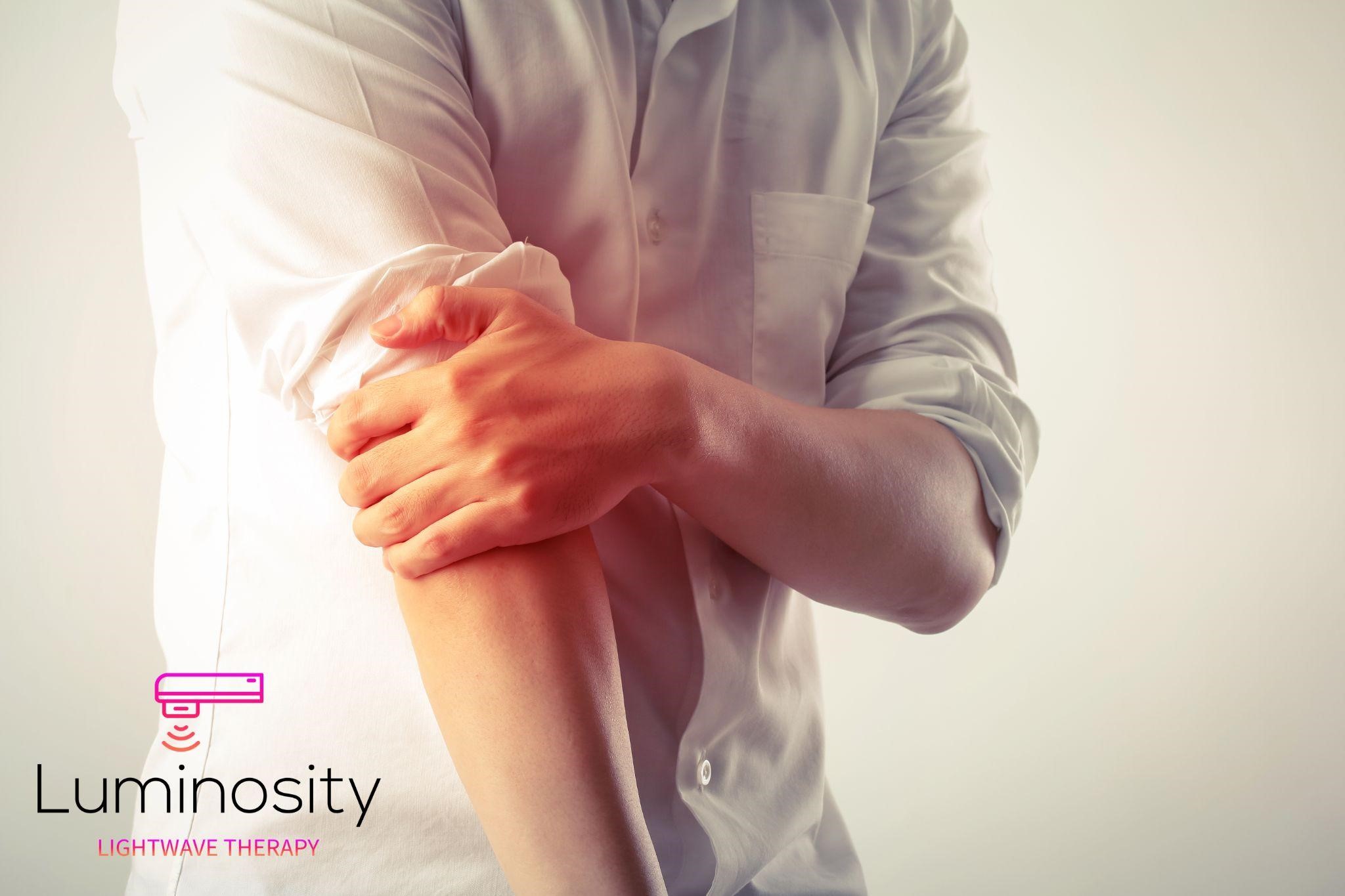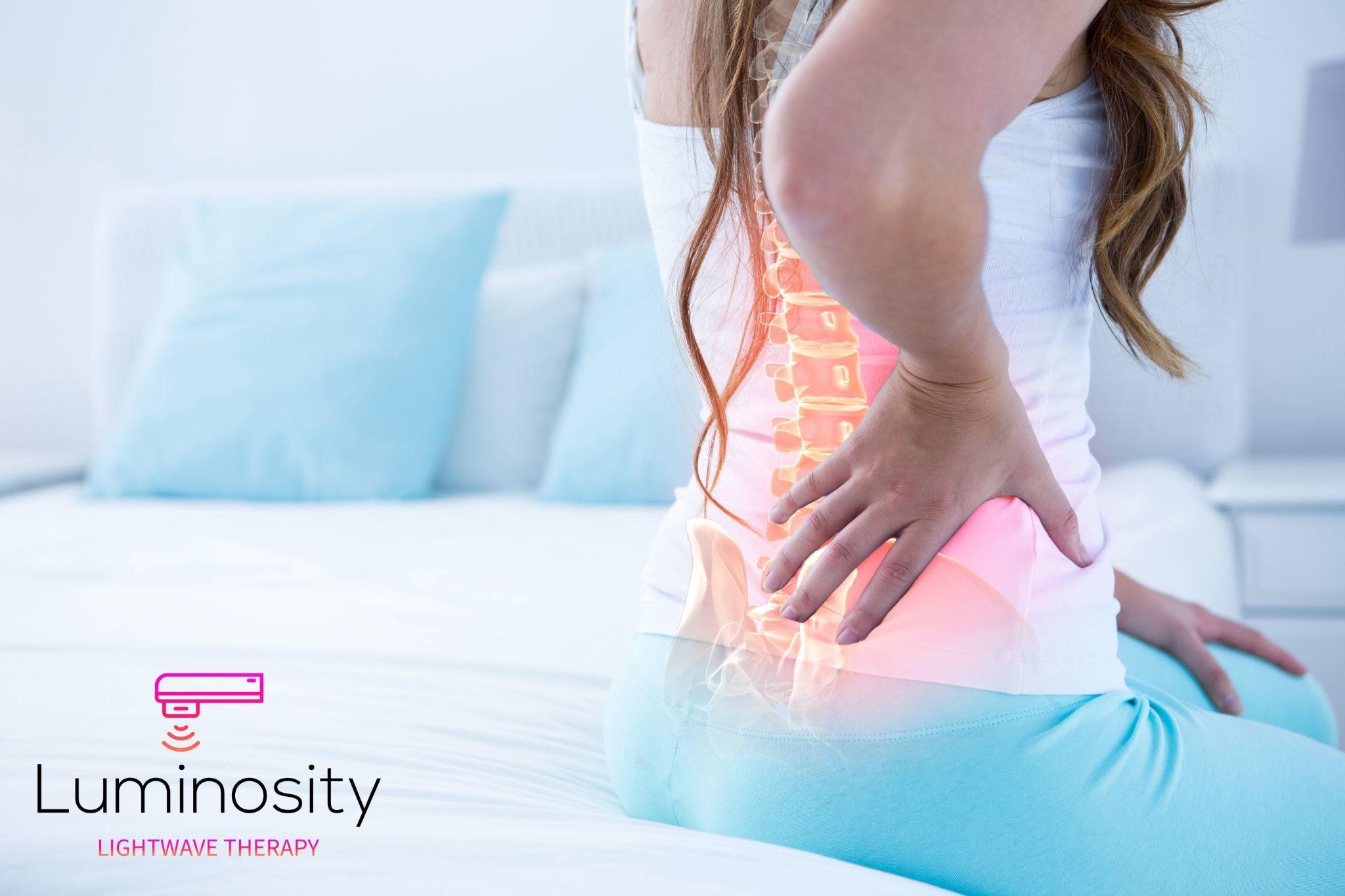Inflammation and degeneration of tendons, known as tendinitis, are common causes of discomfort and mobility restrictions. There are several choices for treatment, but laser therapy is one of the most promising new non-invasive treatments. In this article, we’ll get into the specifics of laser therapy for tendonitis, including how it works to alleviate pain and speed healing, and the specific methods by which it does so.
Inflammation of the tendons (the fibrous connective tissues that bind muscles to bones) causes tendinitis, which is a common condition. Shoulder (rotator cuff), elbow (tennis or golfer’s elbow), wrist (de Quervain’s tenosynovitis), knee (patellar tendonitis), and Achilles tendon tendinitis are common sites of tendon inflammation.
Laser therapy, also known as photobiomodulation, is an effective treatment for tendinitis because it uses light of a certain wavelength to activate natural healing mechanisms within the body. Laser therapy for tendinitis works through the following channels:
One benefit of laser therapy for tendonitis is a decrease in inflammation caused by the condition. This is accomplished by regulating the release of pro-inflammatory mediators and stimulating the creation of anti-inflammatory cytokines. As a result, inflammation is reduced and tissue damage is mitigated.
Increased adenosine triphosphate (ATP) generation occurs as a result of the photons of light received by mitochondria within tendon cells, leading to improved cellular metabolism. This metabolic surge aids in tendon healing and regeneration by increasing cellular energy production.
Blood flow to the injured tendon is enhanced by laser therapy because it triggers the generation of nitric oxide, a powerful vasodilator. The tendon heals faster and experiences less inflammation when blood flow is increased because more oxygen, nutrients, and immune cells are brought to the injured area.
Collagen is the main structural protein in tendons, and laser therapy has been shown to increase collagen synthesis. As a result, the tendon becomes more robust and less prone to additional damage.


